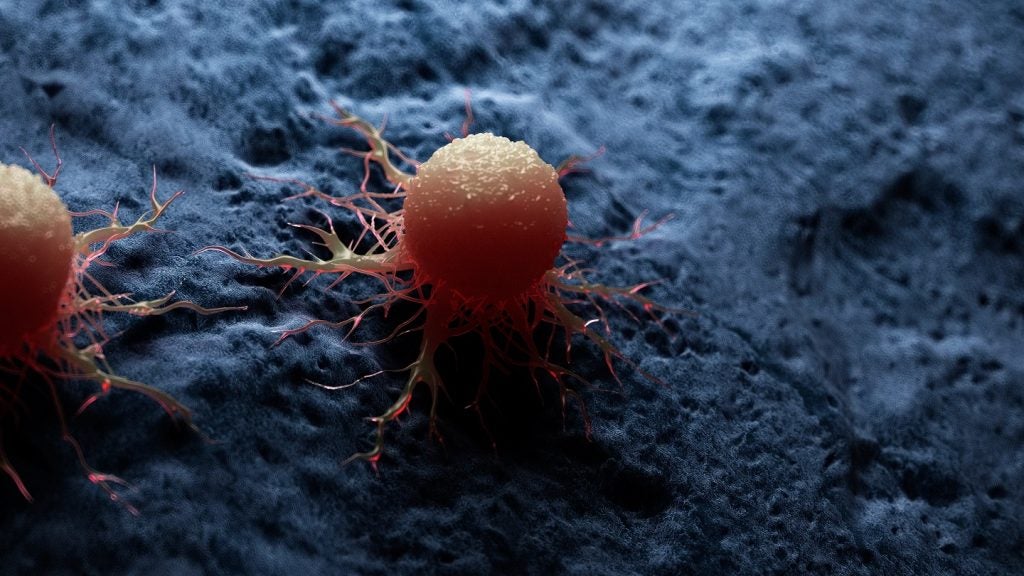Voyager Therapeutics has been granted a patent for a method involving adeno-associated virus capsid proteins with targeting peptide inserts for enhanced tropism to specific tissues. The patent includes a claim for an AAV capsid variant with increased tropism for brain cells compared to wild-type AAV9 capsid. GlobalData’s report on Voyager Therapeutics gives a 360-degree view of the company including its patenting strategy. Buy the report here.
According to GlobalData’s company profile on Voyager Therapeutics, Adeno-associated virus vectors was a key innovation area identified from patents. Voyager Therapeutics's grant share as of January 2024 was 13%. Grant share is based on the ratio of number of grants to total number of patents.
Enhanced aav capsid for brain cell targeting
See Also:
A recently granted patent (Publication Number: US11859200B2) discloses an adeno-associated virus (AAV) capsid variant designed to target brain cells or brain tissue more effectively than the wild-type AAV9 capsid. This variant, containing the amino acid sequence PLNGAVHLY in hypervariable loop VIII, demonstrates increased tropism for specific regions of the brain when administered intravenously into a subject. The patent further details the composition of the AAV particle, including the presence of a nucleotide sequence encoding various proteins, enzymes, or inhibitory RNA, all operably linked to specific promoters for targeted gene therapy applications.
Moreover, the patent outlines the specific amino acid sequences and structural components of the AAV capsid variant, emphasizing its high degree of identity to known sequences for optimal functionality. The AAV particle's ability to transduce key areas of the brain, such as the dentate nucleus, cerebellar cortex, and hippocampus, underscores its potential for treating neurological disorders. Additionally, the patent covers the use of the AAV particle in pharmaceutical compositions alongside pharmaceutically acceptable excipients, highlighting its application in therapeutic interventions targeting brain-related conditions. The inclusion of isolated mammalian or insect cells containing the AAV capsid variant further expands the patent's scope, offering a comprehensive approach to gene therapy research and development in the field of neuroscience.
To know more about GlobalData’s detailed insights on Voyager Therapeutics, buy the report here.
Premium Insights
From

The gold standard of business intelligence.
Blending expert knowledge with cutting-edge technology, GlobalData’s unrivalled proprietary data will enable you to decode what’s happening in your market. You can make better informed decisions and gain a future-proof advantage over your competitors.






